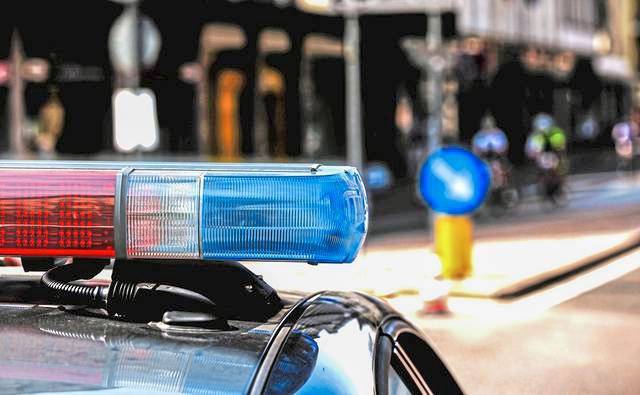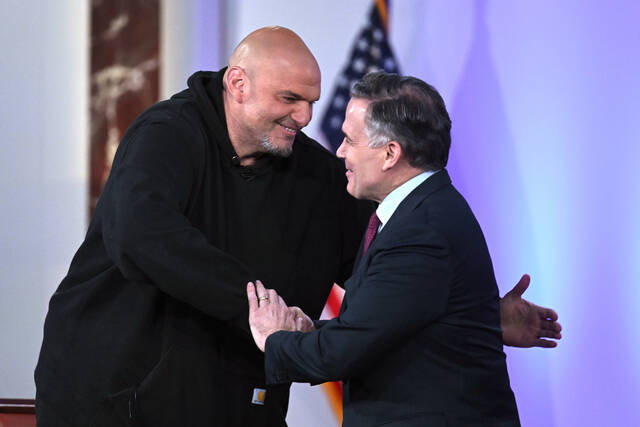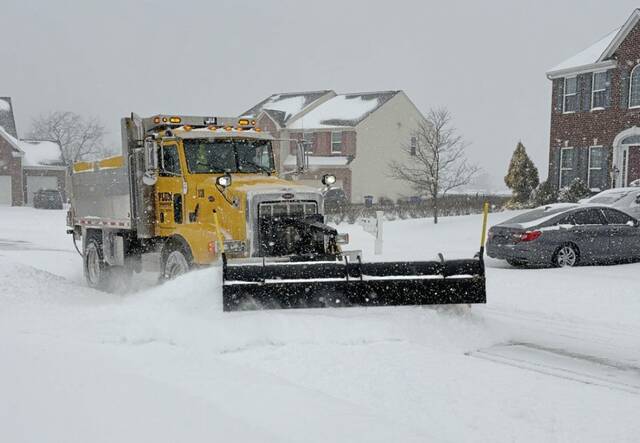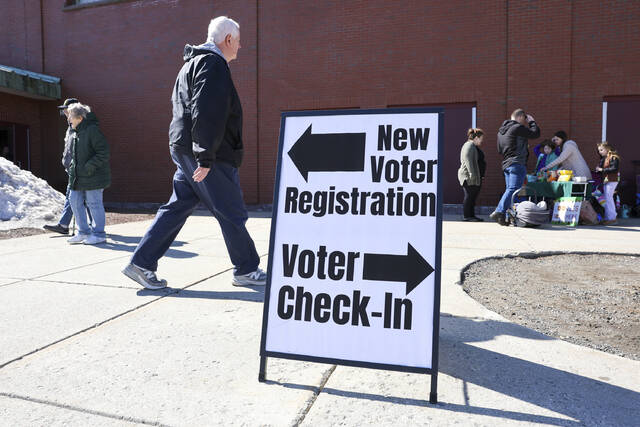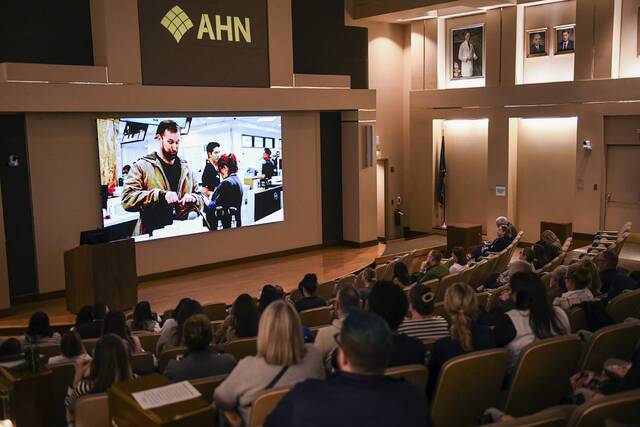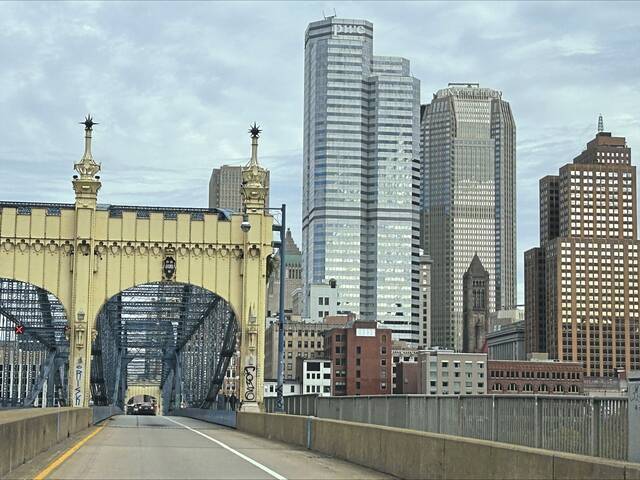The question of how to fix what is broken in police departments is echoing across the nation, thrown into overdrive with the trial of former Minneapolis Officer Derek Chauvin and his conviction last week for the murder of George Floyd.
But in many towns in Pennsylvania, especially in Westmoreland County and the Alle-Kiski Valley, the first question about police is: How to pay for them? Can they band together to survive? Many areas, for better or worse, rely on state police coverage. They don’t have local departments to defund.
The narratives compete as much as the arguments. There are the good stories about cops taking kids shopping at Christmas or the rescues, like four Pittsburgh police officers walking through Homewood when they found an unresponsive man and saved him with Narcan and chest compressions until the ambulance arrived.
But in the last week, there was also a new video of Daunte Wright, killed in an interaction with police in another Minnesota town. There was the death of Ma’Khia Bryant, 15, in Columbus, Ohio, when police responded to a 911 call about a physical attack. For a year, since Floyd’s death and those of Breonna Taylor in Louisville, Ky., and Ahmaud Arbery in Brunswick, Ga., and too many others, there has been a resounding refrain in protests and from organizers and spokespeople campaigning for change.
White officers and Black victims — the dynamic strikes the nation’s fault lines.
“Defund the police” is a battle cry. So, however, is defending them. This sets up the two groups as opponents shouting at each other. If only each could see there’s a common goal — making our communities safe, for everyone.
Police serve a vital role in a civilized society. They come when we call for help. They put themselves between people and danger. They do a job that many of us cannot imagine doing. It is the job that New Kensington Officer Brian Shaw — and too many of his brothers in uniform — died doing.
But there has to be acknowledgment of facts we don’t like. Police commitment is balanced by problems. When there is power of any kind, power can be and often is abused. That happens in any job — politician, teacher, doctor, banker. Acknowledging the need to make changes and effect reform is not an attack on everyone who does that job. It is a defense of those who do it well.
To achieve better results, the goal has to be fixing what is broken, not focusing on blame or retribution. And plenty of legal experts say there are things that need to change. Chauvin’s fellow officers and chief testified against him. University of Pittsburgh law professor David Harris called the trial a “moment at which police and policing can be transformed, assuming that they are willing to go along with that.”
And they should. Police protect and serve. Reform can make things better for both cops and communities. Police should not have to deal with issues that would be better handled by social workers, mental health professionals or any of the other specialized responders whose jobs frequently end up on officers’ plates simply because they are the ones who respond to 911 calls.
But doing that is not defunding and shouldn’t be called that. It is reprioritizing — freeing police to do the jobs that cannot be done by anyone else. If someone else can serve better, it could allow police to protect better — and build trust across racial lines.
The question that needs to be answered isn’t so much how that happens, but whether people are willing to do the work — or if it just going to continue to be a stalemate.


